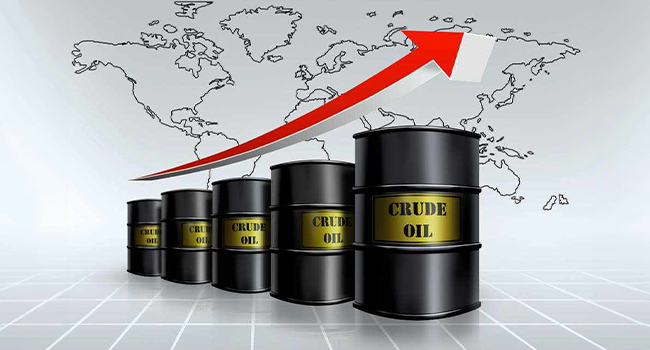Nigeria’s crude oil production rose to an average of 1.486 million barrels per day (bpd) in April 2025, edging closer to the country’s Organization of the Petroleum Exporting Countries (OPEC+) quota of 1.5 million bpd. This marks a recovery from March’s output of 1.401 million bpd, according to the latest data from the Nigerian Upstream Petroleum Regulatory Commission (NUPRC).
The NUPRC noted that this level of production now places Nigeria at 99 percent of its OPEC+ quota, a significant milestone for a country that has struggled in recent years with output shortfalls due to pipeline vandalism, oil theft, and operational setbacks in its oil fields.
“The average crude oil production was 99 per cent of the OPEC quota (1.5 mbpd),” the NUPRC report stated, reflecting renewed efforts to stabilize and grow output within regulatory guidelines.
Daily Oil Output Varied Between 1.6 and 1.73 Million Barrels
The commission further detailed that daily production in April ranged from a low of 1.60 million bpd to a high of 1.73 million bpd. The average daily output was made up of 1,485,700 bpd in crude oil and 197,607 bpd of condensate, bringing the total average to 1,683,307 barrels per day.
It’s important to note that OPEC does not include condensate production in its quota system. Thus, while Nigeria’s total output is above 1.68 million bpd, only the crude oil portion counts toward its OPEC+ compliance.
The production trend over the first four months of 2025 has shown notable fluctuations:
- January: 1.539 million bpd
- February: 1.465 million bpd
- March: 1.401 million bpd
- April: 1.486 million bpd
This recovery in April underscores improved security, technical capacity, and field performance across key oil-producing regions.
Nigeria Targets Higher Output Amid Global Oil Market Shifts
President Bola Tinubu’s administration has reiterated its ambition to expand oil production significantly. In February, Special Adviser on Energy, Olu Verheijen, announced that the government is targeting a combined crude and condensate output of 2.7 million bpd by 2027.
This strategic push comes as global oil prices show modest gains amid renewed trade optimism between China and the United States. For Nigeria, higher output aligned with favorable global prices could mean improved revenues, critical for funding government spending and economic reforms.
The government has also been courting new investments into the upstream oil and gas sector through policy reforms and licensing incentives, aiming to revitalize Nigeria’s place as Africa’s largest crude producer.









